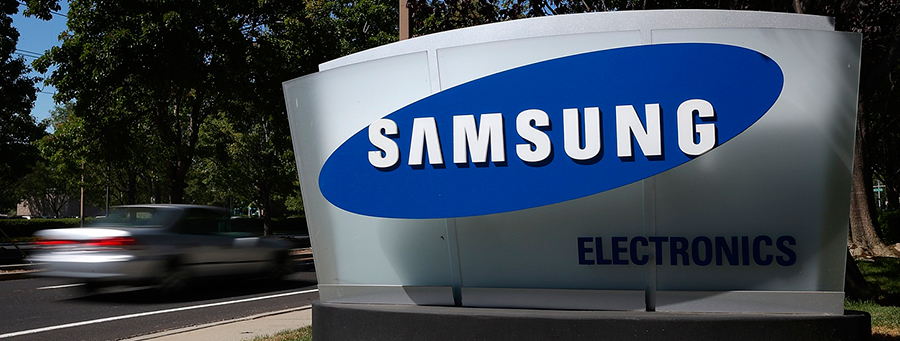Seoul – Samsung Electronics Ltd. announced on Wednesday that it will enter the automotive industry. The South Korean company will create a new business unit for developing auto parts for next-generation vehicles including electric vehicles and self-driving cars.
Samsung said the new team will work outside of existing divisions which mainly manufactures smartphones, televisions, washing machines and computers. The purpose is to grow sales of car components, with an initial focus on in-car entertainment, satellite navigation and autonomous driving technologies as a way to search for a new profit driver.

Even though Samsung expertise in chips and smartphones, it does not mean the company won’t be able to handle auto parts development. Self-driving cars and smartphones share some components like battery technology, GPS, mobile computing, wireless chips, touch screens and similar tech that are all found in autonomous vehicles and that Samsung knows how to make them well, so this knowledge will give the company a clear edge.
Park Jong-Hwan, will lead the automotive division serving as executive vice president. Hwan is an expert in computer chip manufacturing and consumer displays to develop entertainment, autonomous driving and satellite navigation components.
The division will work with other Samsung affiliates such as battery producer Samsung SDI Co. Ltd. and electronic components maker Samsung Electro-Mechanics Co. Ltd. to develop technologies that could be used in self-driving cars in the near future.
The company is quickly making its way into the business. It already announced its participation in the Audi Progressive SemiConductor Program (PSCP) as a memory supplier.
“Through the PSCP strategic partnership with Samsung, Audi will utilize Samsung’s high-speed memory products to provide the best user experience to our customers,” Ricky Hudi, Executive Vice President Electronic Development at Audi, said in a statement.
Samsung decided to make the move into the automotive business as a way of improving it profits in a time when its smartphone army is set to fall in 2015, for the second consecutive year. On the other hand, the global automotive semiconductor market is expected to grow to about $32.7 billion in 2016. But seeing meaningful earnings from car-related sales could take several years. Product cycles in the car industry often last several years and require more rigorous safety standards than consumer electronics. Also, Samsung enters a market led by strong competitors.
LG Electronics announced that it would be providing 11 systems for the new Bolt, General Motors Co.’s electric car, including the electric-drive motor, charger, batteries. Google is also testing driverless cars and there are rumors that Apple will be getting into the auto sector as well.
Source: Bloomberg
